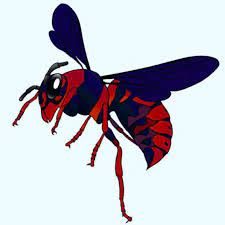Ashley Wisniewski, ‘Doah Contributing Writer
October 1, 2014
In early September, news broke that celebrities such as “The Hunger Games” star Jennifer Lawrence were part of a targeted theft of personal, intimate photographs. The photographs – as far as we know – were taken with each person’s consent and shared between consensual parties. Unfortunately, online hackers were able to retrieve those private photographs.
Mainstream and social media was full of commentary regarding this incident. Some of the messages suggest the hacking is an invasion of privacy. Others have put blame on the celebrities. Some celebrities as well as anonymous posters offered variations of, “If you don’t want naked photos leaked, don’t take naked photos.”
While this sentiment isn’t entirely false, it is inherently misguided. It is true that if you do not have a photograph taken of you naked, you do not risk having those pictures seen by the wrong people. However, there is still an expectation of privacy – even for celebrities. What has happened to these individuals is an example of sexual exploitation.
At Shenandoah, sexual exploitation is defined as “taking sexual advantage of another person without consent.” In its policy, the university goes further, stating that sexual exploitation includes “videotaping, recording, photographing or transmitting, including electronically, intimate or sexual sounds or images of another person.” As the dialogue about sexual misconduct continues to grow on the national level with guidance from the Office of Civil Rights and the White House, you will find that sexual exploitation is not a definition unique to Shenandoah. If someone is found responsible for violating this policy at Shenandoah University, he or she could be suspended or dismissed from the university.
Consent does not solely apply to sexual assault, but is necessary for any sexual activity including obtaining and distributing naked pictures of other individuals. Regardless of how or why the photographs were obtained, the celebrities did not give their consent to have those images transmitted and shared with either the hackers or via the Internet.
For more information about sexual exploitation, sexual misconduct and sexual harassment, contact Assistant Director of Student Conduct Ashley Crockett Wisniewski in Cooley Hall, Room 206, (540) 665-4921, awisniew@su.edu or nosexualmisconduct@su.edu.
Categories: Home

